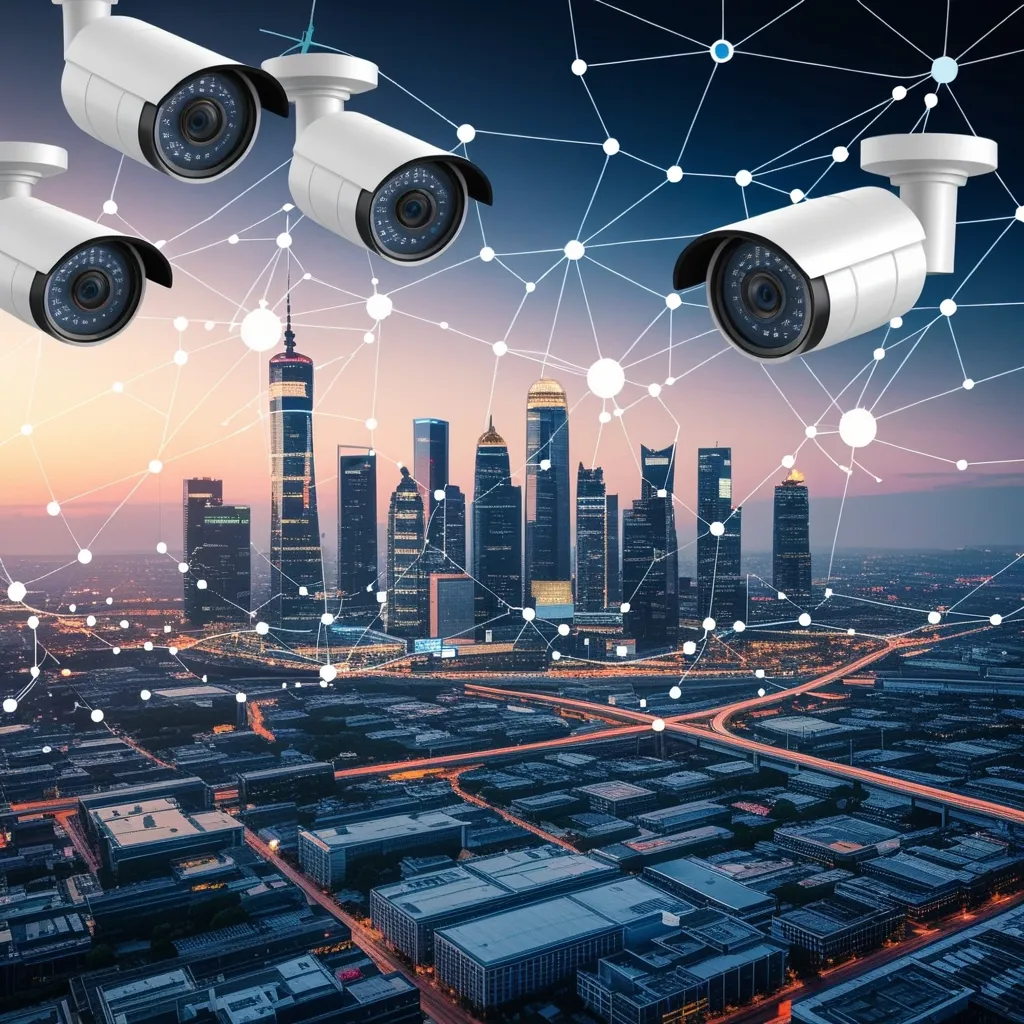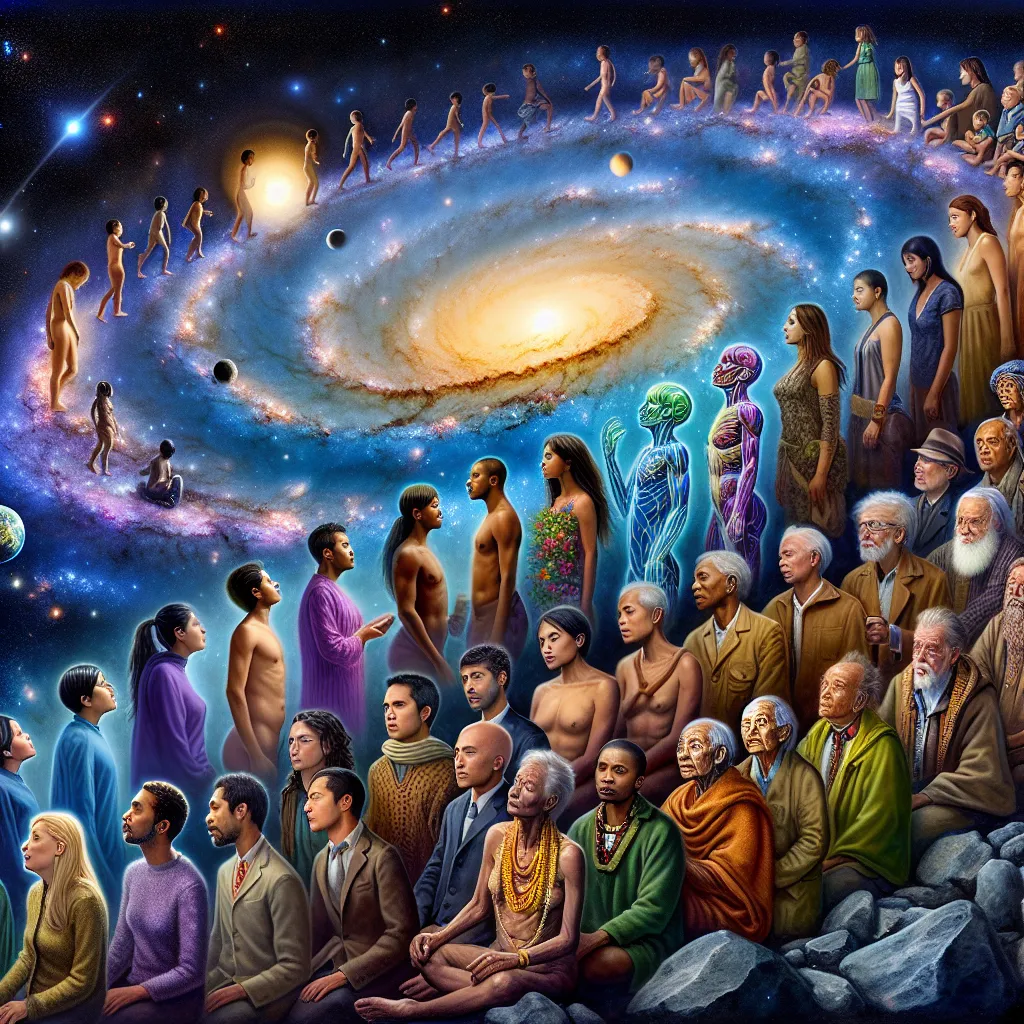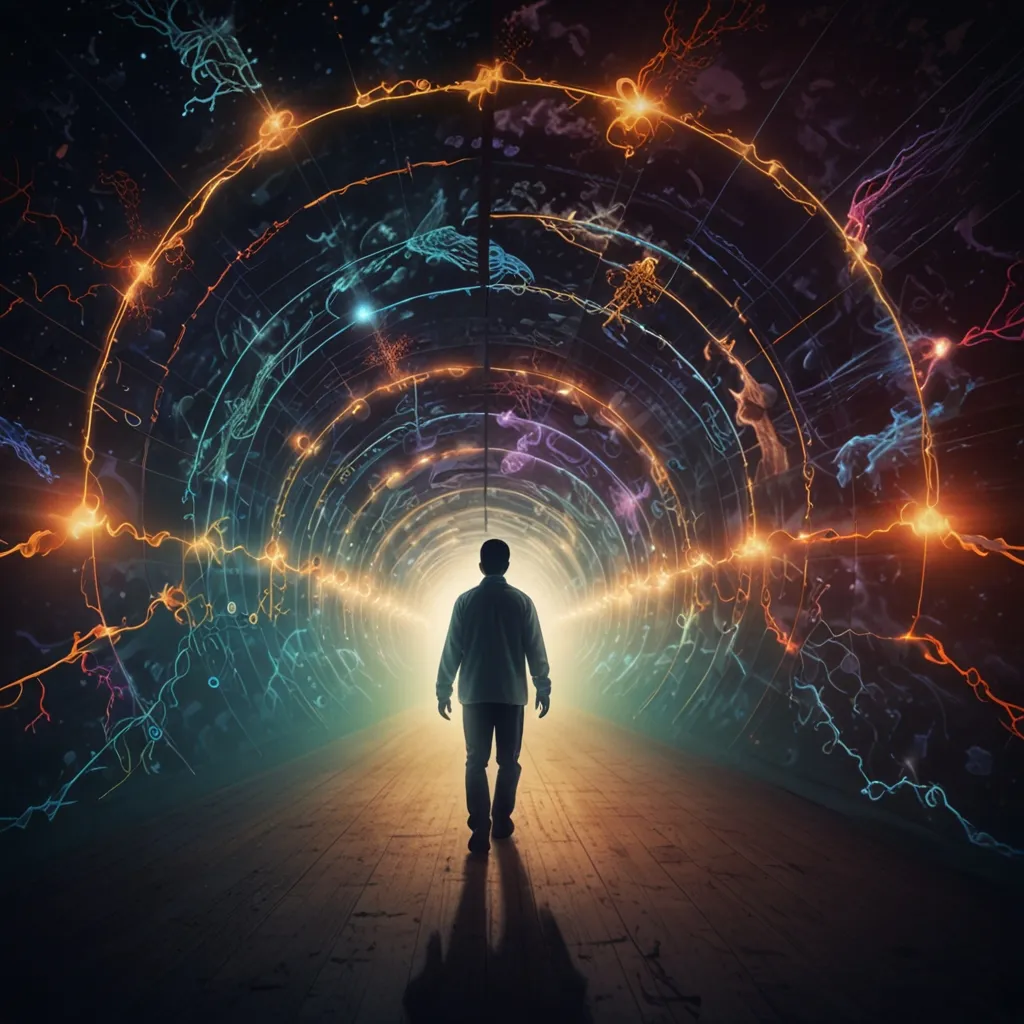AI’s watching us, and it’s not just some wild conspiracy theory anymore. It’s real, and it’s happening right now. From the government to big companies, everyone’s using AI to keep tabs on us. It’s kinda crazy when you think about it, right?
Let’s talk about the government first. They’re all over this AI stuff. Take the SEC, for example. They’re using fancy data tools to sniff out any fishy business in the corporate world. And don’t even get me started on the NSA. Those guys are like the ultimate spies, using AI to eavesdrop on foreign governments and catch cybercriminals. But here’s the thing – we don’t really know how they’re using all this tech. It’s all hush-hush, and that’s got people worried about their rights.
Now, let’s chat about those AI-powered surveillance cameras. They’re getting super smart. Like, they can spot a suspicious package or track a person through a crowd. It’s pretty wild stuff. Cities all over the world are jumping on this bandwagon. Singapore and Malaysia have these facial recognition systems that can pick you out of a crowd. It’s like something out of a sci-fi movie, but it’s happening right now.
But here’s where it gets tricky. All this AI surveillance is raising some serious questions. What about our privacy? These systems are collecting tons of data about us. It’s like they know everything we do. And then there’s the whole bias thing. What if the AI is programmed with some built-in prejudices? That could lead to some really unfair situations.
And don’t forget about hackers. If they can break into these AI systems, they could get their hands on all our personal info. It’s a scary thought, right?
Now, here’s where it gets really heavy. This AI surveillance stuff could mess with our democracy. In some countries, governments are using it to keep people in line and stop any kind of rebellion. It’s like Big Brother is watching, for real.
But it’s not all doom and gloom. AI is doing some cool stuff too. Like in the finance world, it’s catching bad guys who are trying to cheat the system. And the cops are using it to sift through mountains of evidence to solve crimes faster.
Here’s the thing though – we can’t just let AI run wild. We need humans to keep an eye on it. AI can make mistakes, and sometimes a tiny error in the code can cause big problems.
So, what’s the bottom line? AI surveillance is like a double-edged sword. It’s super efficient and can keep us safer, but it’s also kinda creepy and could mess with our freedoms if we’re not careful.
We’ve got to figure out how to use this tech without turning into a total surveillance state. It’s about finding that sweet spot between being safe and keeping our privacy. We need some solid rules and transparency about how this stuff is being used.
At the end of the day, it’s not just about the tech. It’s about what kind of world we want to live in. Do we want to feel safe but watched all the time? Or do we want to keep our privacy but maybe miss out on some of the benefits of AI?
It’s a tough question, and there’s no easy answer. But one thing’s for sure – we can’t just ignore it. We’ve got to talk about it, debate it, and make sure we’re not sleepwalking into a future we didn’t sign up for.
So next time you’re walking down the street or posting on social media, just remember – AI might be watching. But the real question is, are we okay with that? And if we’re not, what are we going to do about it?
It’s a lot to think about, right? But hey, that’s the world we’re living in now. AI’s here to stay, and we’ve got to figure out how to live with it without losing what makes us human. It’s gonna be a wild ride, but we’re all in this together. Let’s make sure we steer it in the right direction.






